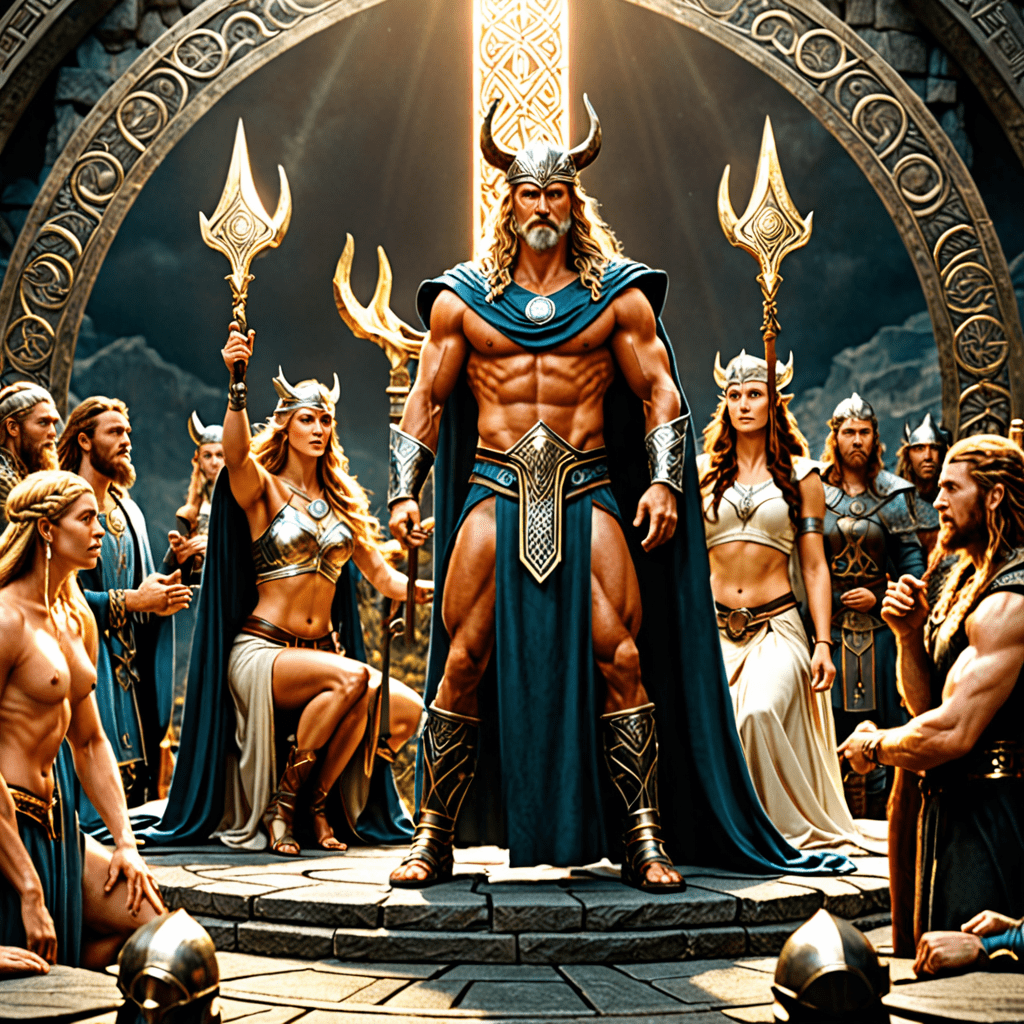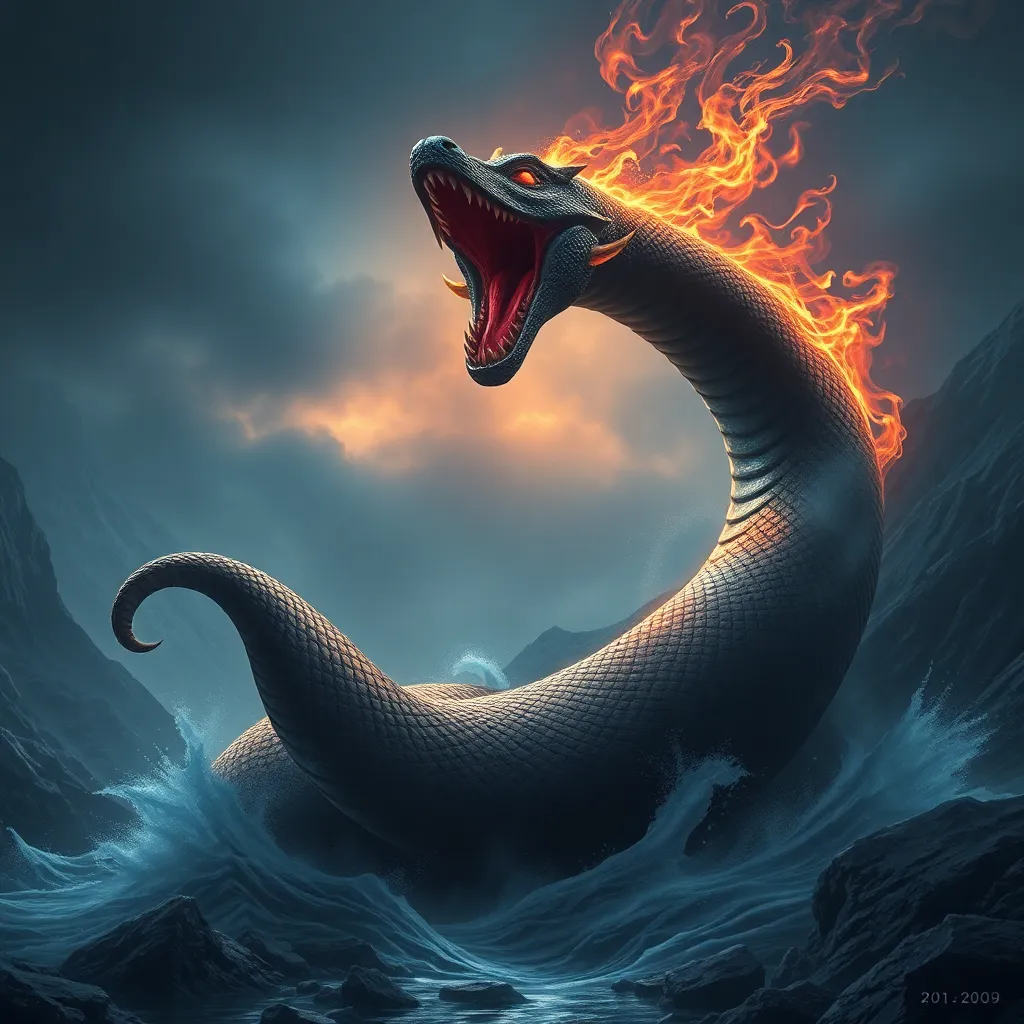The Role of Seers and Oracles in Norse Mythology
In Norse mythology, seers and oracles played significant roles in shaping the beliefs and actions of the gods and mortals. Let’s delve into the fascinating world of these mystical beings and explore their importance in the Norse cosmos.
Who Were the Seers and Oracles in Norse Mythology?
Seers and oracles in Norse mythology were individuals gifted with the ability to communicate with the divine realms and gain insight into future events. The most prominent seer in Norse mythology was the god Odin, known as the Allfather and the god of wisdom, war, and death. Odin sacrificed one of his eyes at the Well of Urd to gain profound knowledge and foresight.
What Was the Importance of Seers and Oracles in Norse Society?
Seers and oracles served as intermediaries between the gods and mortal beings, offering guidance, prophecy, and wisdom. They played vital roles in decision-making processes, battles, and rituals. For example, in the epic poem “Völuspá,” the seeress foretells the creation of the world, the rise of powerful enemies, and ultimately, the destruction and rebirth of the cosmos.
How Did Seers and Oracles Influence Norse Mythology and Legends?
Seers and oracles often influenced the actions of gods and heroes based on their visions of the future. The Norns, female entities who controlled destiny, also played a crucial role by determining the fates of individuals. Prophecies delivered by seers and oracles shaped the outcomes of battles, conflicts, and the ultimate fate of the gods during Ragnarök, the prophesied end of the world in Norse mythology.
The Legacy of Seers and Oracles in Norse Mythology
Throughout Norse mythology, the influence of seers and oracles remained profound, highlighting the interconnectedness of the mortal world and the divine. Their prophecies and visions added layers of complexity to mythological narratives and underscored the theme of fate versus free will. The enduring presence of seers and oracles symbolizes the intricate balance between past, present, and future, shaping the rich tapestry of Norse mythology and continuing to captivate enthusiasts of ancient lore.
FAQs about the Role of Seers and Oracles in Norse Mythology
What is the significance of Seers and Oracles in Norse Mythology?
Seers and Oracles in Norse Mythology are individuals with the ability to foresee the future or communicate with the divine. They play pivotal roles in guiding heroes, foreseeing outcomes of battles, and offering counsel to gods and mortals.
Who are some notable Seers and Oracles in Norse Mythology?
Some prominent figures include the Volva, female seers who foretold destiny; Mimir, a wise being who guarded the Well of Wisdom; and the Norns, who determined the fates of individuals.
How did Seers and Oracles receive their powers?
Seers and Oracles in Norse Mythology often gained their powers through divine gifts, rituals, or encounters with otherworldly beings. Some were born with innate abilities to see into the future or interpret signs and omens.
What role do Seers and Oracles play in Norse Mythological narratives?
Seers and Oracles serve as crucial conduits of information and guidance in Norse myths. They offer insights into the future, help protagonists navigate challenges, and contribute to the overall tapestry of fate and destiny in Norse cosmology.



